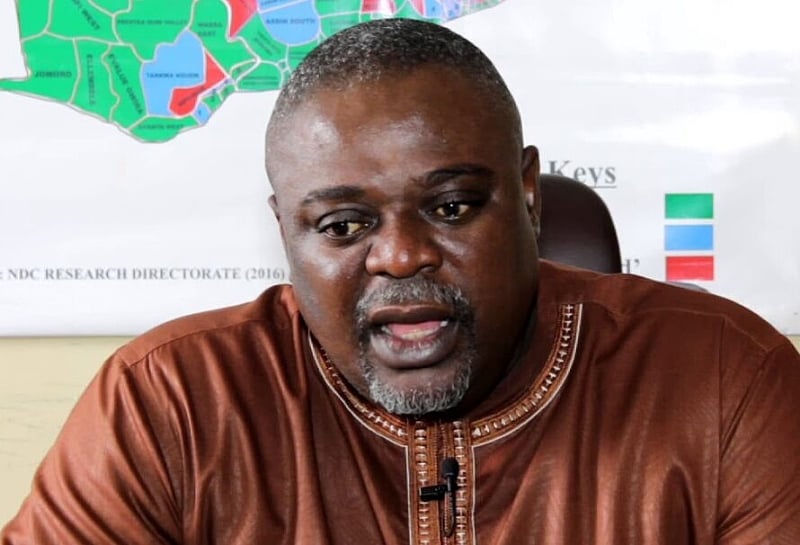Samuel Koku Anyidoho, the CEO of the Atta Mills Institute and a prominent figure within Ghana’s National Democratic Congress (NDC), has voiced significant criticism regarding the party’s handling of its proposed 24-hour economy initiative. He expresses concerns that the NDC is presenting inconsistent interpretations of the policy, leading to widespread confusion and uncertainty among the electorate. Anyidoho’s critique stems from his belief that such inconsistency undermines the party’s credibility and effectiveness in articulating its policies to the public, casting doubts on the party’s overall strategic approach.
In a recent interview, Anyidoho highlighted a critical comparison between the NDC’s policy presentation and that of Dr. Mahamudu Bawumia, the New Patriotic Party’s (NPP) presidential candidate. He commended Bawumia for his clear and coherent communication of digitalisation policies, which he argues resonate effectively with Ghanaians. Anyidoho contended that the NPP’s consistent messaging creates a strong sense of trust and direction among voters, in contrast to the NDC’s muddled approach to the 24-hour economy concept. This disparity, according to Anyidoho, threatens the NDC’s appeal and relevance in a political landscape increasingly driven by clear policy messaging.
Drawing parallels, Anyidoho invoked the legacy of the late President John Evans Atta Mills, under whom clear policy initiatives like the “Better Ghana Agenda” were articulated. He emphasized how Mills’ vision was generally well-received and understood by the public. This comparison serves as a benchmark against which Anyidoho evaluates the current NDC leadership, asserting that they have failed to uphold the same standard of clarity and vision. Historical references to successful past leaders bolster his argument that voters gravitate towards well-defined and visionary policies, creating a roadmap for long-term development.
Anyidoho’s remarks extend beyond mere criticism; they invite introspection within the NDC regarding its strategic communications. His overarching message is that a unified and consistent narrative is essential for the party to regain public trust and support. He pointedly noted that when engaging with NPP supporters, a consistent message surrounding digitalisation emerges, while the NDC struggles with fragmented narratives about its economic proposals. According to Anyidoho, the lack of clarity only serves to alienate potential supporters and confound those already aligned with the party’s goals.
Moreover, Anyidoho’s observations reflect a broader challenge that many political parties face as they navigate complex policy issues in an ever-evolving landscape. Voter expectations have shifted toward seeking transparent and well-articulated solutions to pressing economic challenges. As citizens become more informed and engaged, they demand clear answers and policies, which Anyidoho believes the NDC is not adequately providing at this moment. His sentiments signify a crucial turning point for the NDC, emphasizing the urgent need for introspection and re-evaluation of policy communication strategies.
In conclusion, Anyidoho’s critique of the NDC’s approach to the 24-hour economy proposal underscores the importance of clarity and consistency in political messaging. By holding up the NPP’s digitalisation strategies as a model, he challenges the NDC to align more closely with the values of transparency and vision that characterized earlier successful administrations. His advocacy for clear communication serves as a rallying call for party leadership, urging them to refine their policies and effectively relay them to the electorate in a manner that inspires confidence and fosters community support. The insights he offers may serve as a catalyst for rejuvenating the NDC’s vision in an increasingly competitive political arena.














